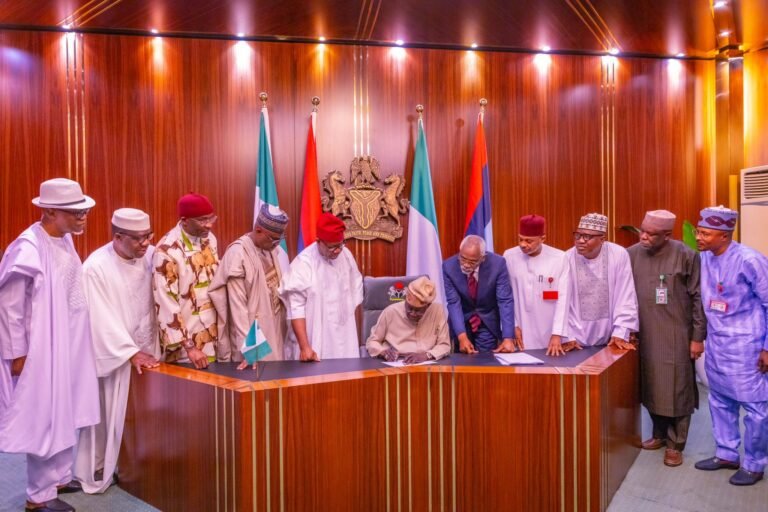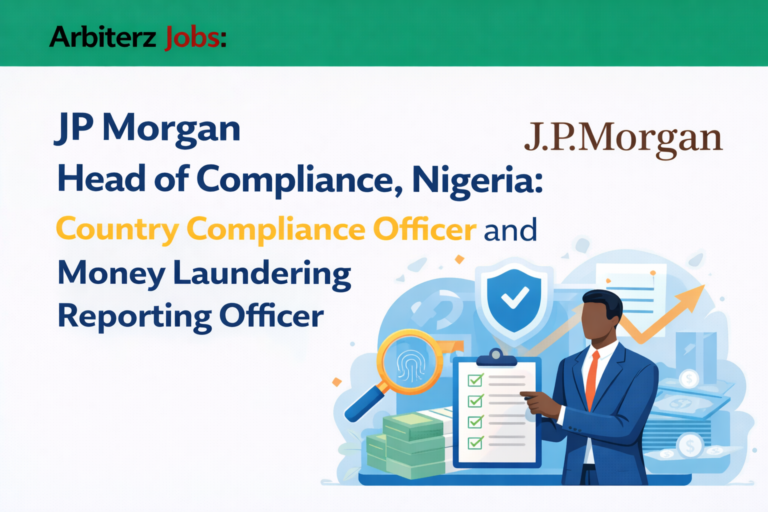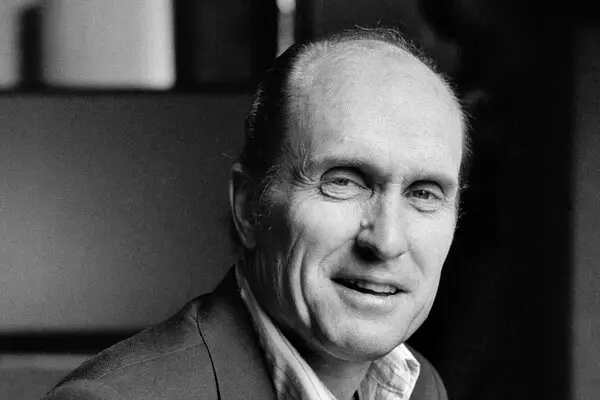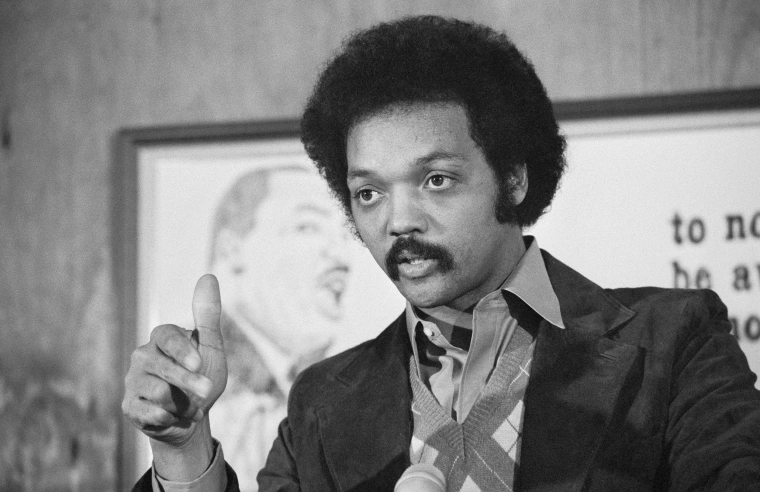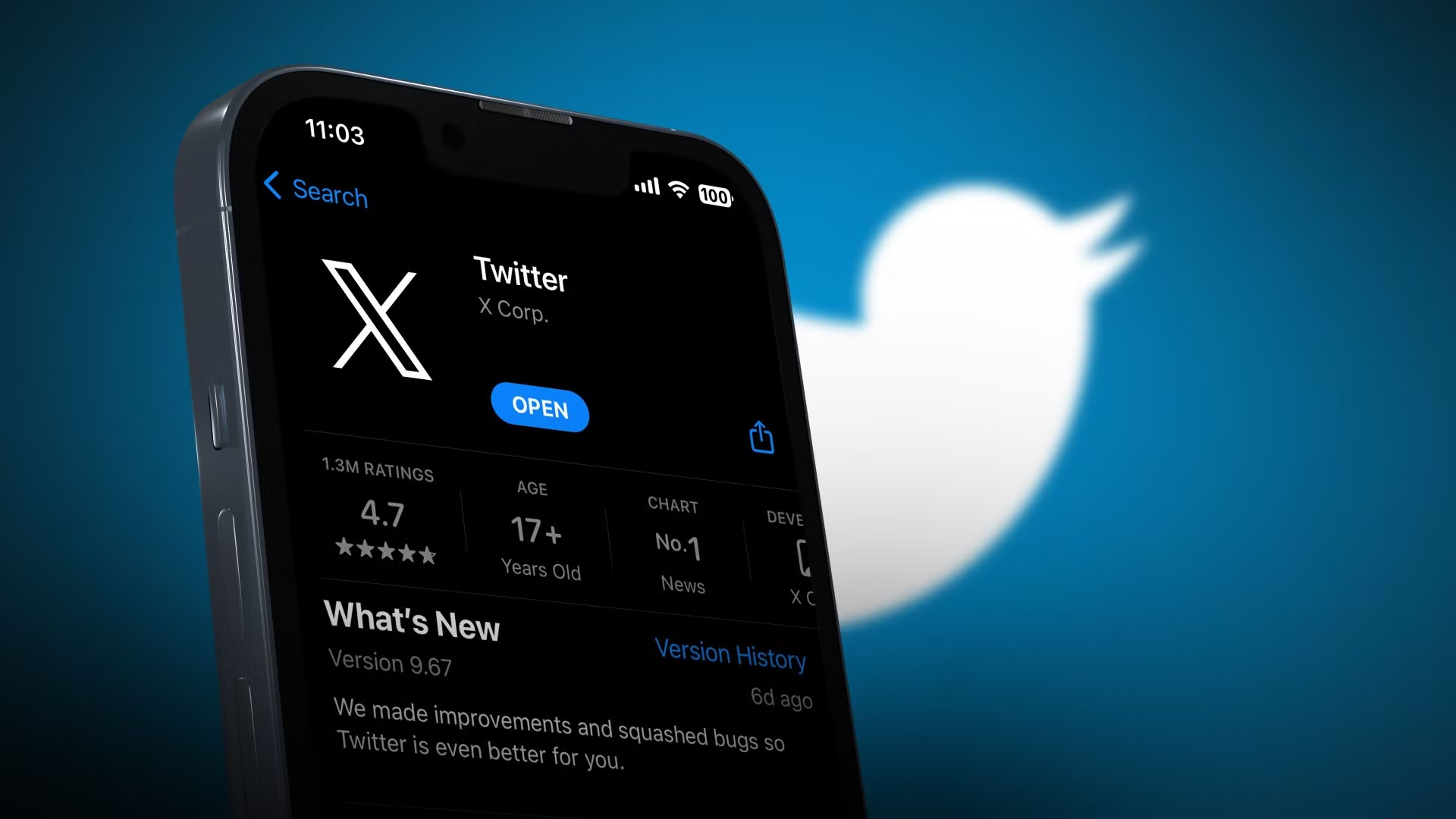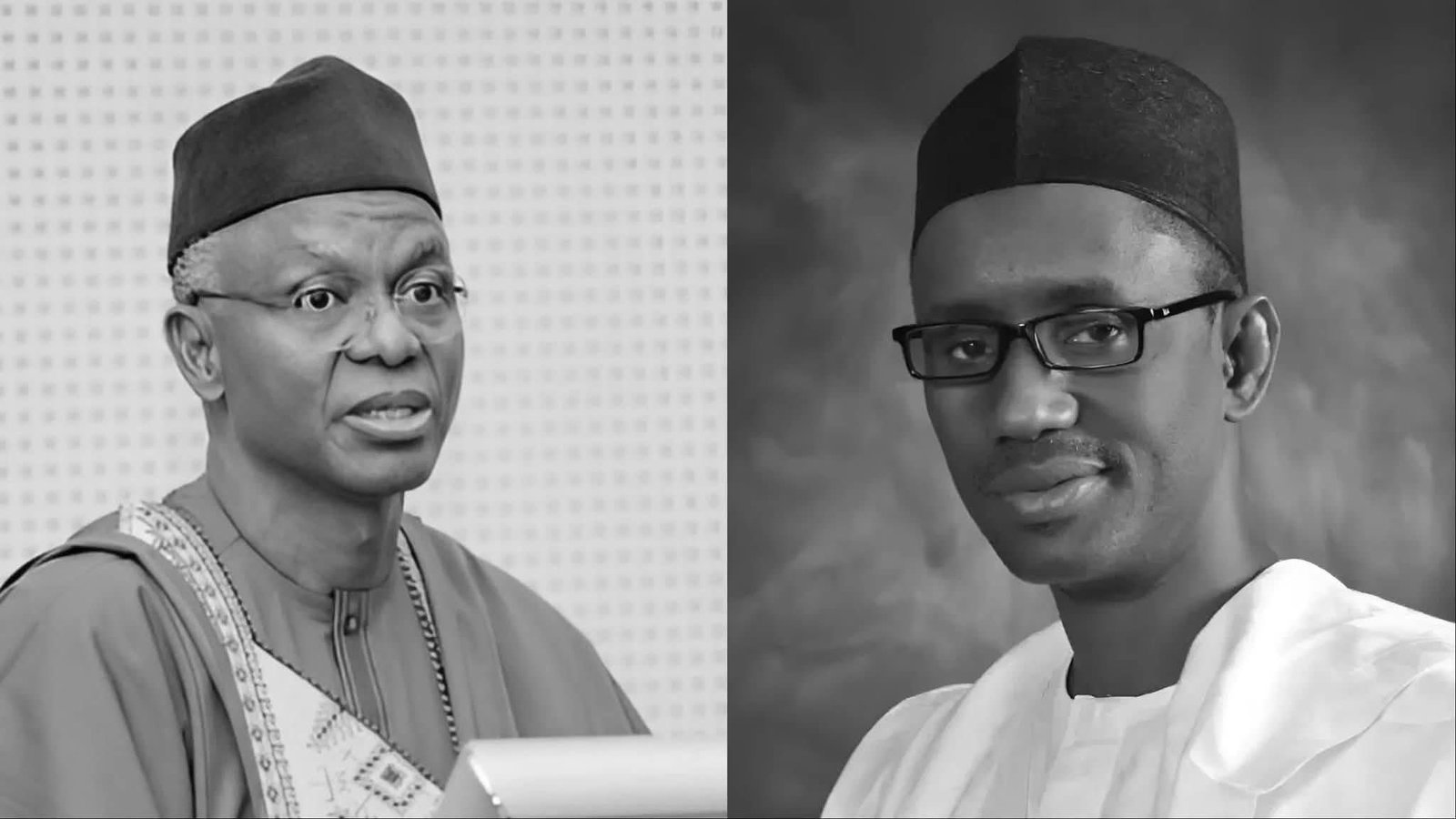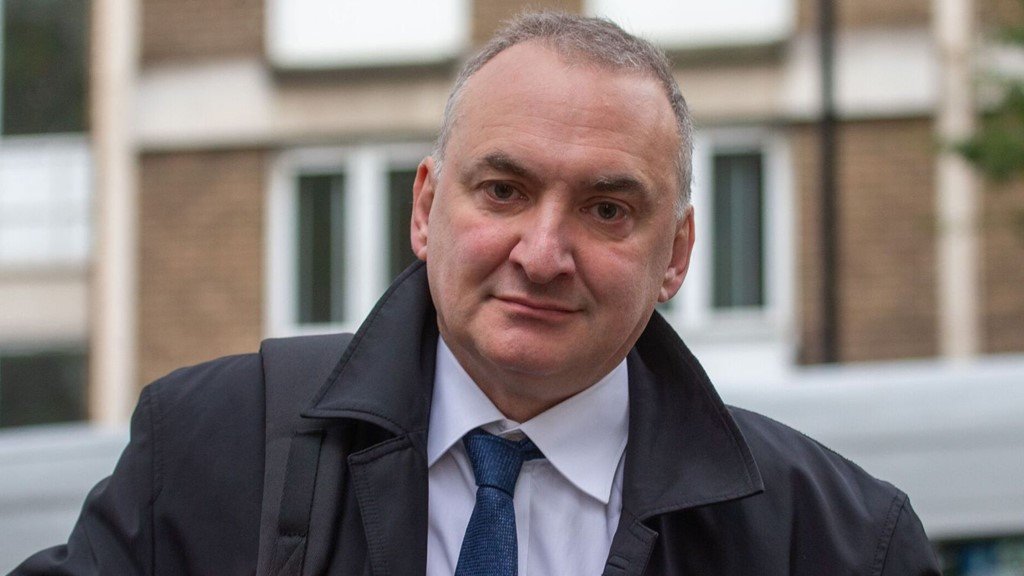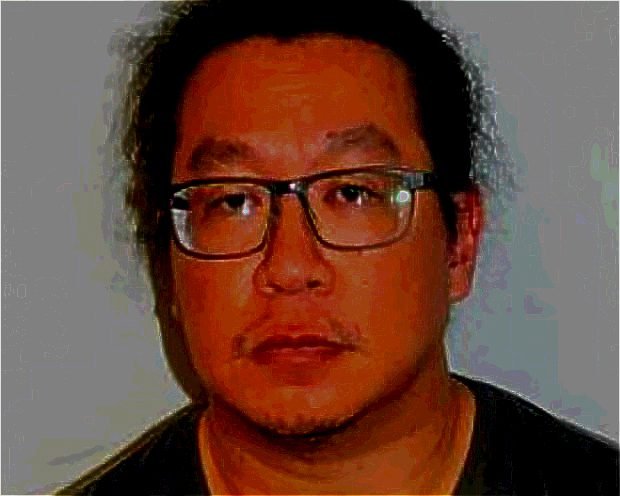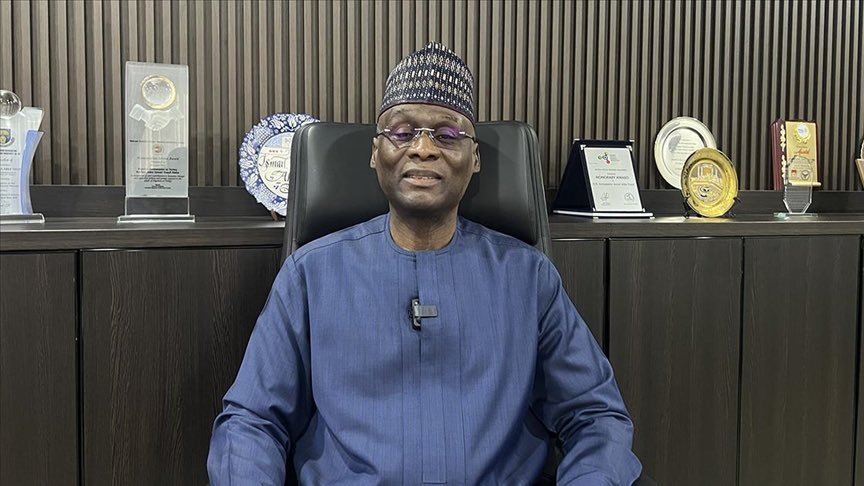Former Nigerian President Muhammadu Buhari has once again made headlines with a candid remark that’s sparked widespread discussion: “I Will Not Write a Book Because There Are Certain People That I Cannot Resist Abusing…” The statement, reportedly made recently, suggests that Buhari, who led Nigeria from 2015 to 2023 and as military head of state from 1983 to 1985, is opting against publishing a memoir to avoid unleashing unfiltered criticism of unnamed individuals. As of February 23, 2025, this comment has elicited a mix of amusement, admiration, and frustration among Nigerians, reflecting the enduring complexity of his public image two years after leaving office.
The Context Behind the Comment
Buhari’s blunt admission aligns with his well-known straightforwardness—a trait that has defined his persona across decades in public life. He reportedly added that writing a book would compel him to “abuse” certain people, a temptation he resists to spare their families, leaving their judgment to a higher power. This isn’t the first time he’s hinted at such a stance; aides have previously noted his reluctance to document his experiences, citing a desire to avoid hurting others. Yet, the latest phrasing, with its raw honesty about his impulses, has given the sentiment renewed traction, turning it into a talking point across the nation.
The refusal comes at a time when Nigerians are still dissecting his presidency, marked by ambitious promises to tackle corruption and insecurity, juxtaposed against persistent economic struggles and regional tensions. For a figure whose tenure polarized the populace, the decision to withhold a detailed recounting of his perspective has only deepened the curiosity—and the debate—about what stories remain untold.
Public Sentiment: A Spectrum of Views
Public reaction to Buhari’s statement reveals a divided yet engaged audience. Many find humor in his unpolished candor, seeing it as a refreshing break from the sanitized rhetoric typical of political memoirs. This group views the comment as quintessential Buhari—unapologetically direct, even in retirement. They chuckle at the idea of a former leader admitting he’d struggle to hold back verbal jabs, interpreting it as a sign of authenticity in an era of polished public personas.
Others praise the restraint behind his decision, framing it as a mark of decency and consideration. They argue that his choice to avoid tarnishing individuals and their families reflects a moral grounding, perhaps rooted in his faith or a soldier’s sense of honor. For these admirers, Buhari’s silence is less about dodging accountability and more about preserving peace—a rare act of grace from a man often criticized for rigidity during his presidency.
However, not all reactions are positive. A significant portion of the public expresses disappointment, even irritation, at what they see as a missed opportunity. For those still wrestling with the challenges of his administration—ranging from a weakened naira to unresolved security threats—this refusal feels like a sidestep. They argue that a memoir could offer clarity, accountability, or at least insight into decisions that shaped Nigeria’s recent history. The vagueness of “certain people” only fuels speculation and frustration, leaving critics wondering who he might indict and why he won’t let the public judge for themselves.
A Legacy in Limbo
Buhari’s decision stands in stark contrast to other leaders who’ve used books to cement their narratives—think of Olusegun Obasanjo’s multi-volume My Watch or international figures like Barack Obama. By opting out, he leaves his legacy open to interpretation, shaped more by others’ accounts than his own. Supporters might see this as consistent with his stoic, no-frills character—a leader who lets his record speak, however imperfectly. Detractors, though, view it as a cop-out, a way to avoid the hard questions that linger about his governance.
The statement also raises tantalizing “what-ifs.” Who are these individuals he can’t resist criticizing? Political foes from his 2015 victory over Goodluck Jonathan? Allies who fell out of favor? Figures from his military past? The ambiguity keeps the conversation alive, turning a single offhand remark into a mirror for Nigeria’s unresolved feelings about his era.
The Bigger Picture
As of February 23, 2025, Buhari’s comment isn’t just about a book he won’t write—it’s a window into how Nigerians process his time in power. For some, it’s a lighthearted quip that humanizes a stern ex-leader; for others, it’s a poignant reminder of accountability deferred. The split in public opinion underscores his enduring status as a lightning rod—admired by some, begrudged by others, and fully understood by few.
Whether he ever puts pen to paper, Buhari has ensured one thing: his silence speaks as loudly as any memoir could. In a country hungry for closure on his eight-year tenure, this latest statement has only stoked the flames of debate, proving that, even out of office, he remains a figure impossible to ignore.











